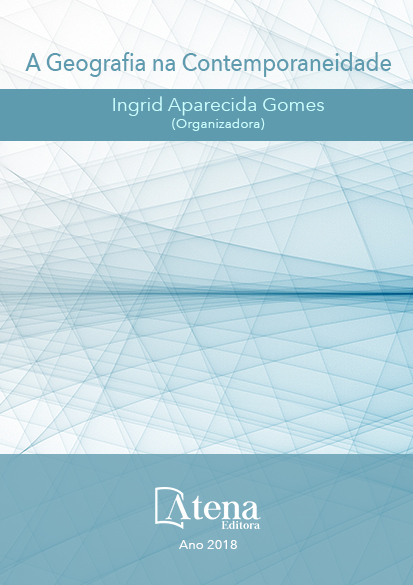
PATRIMÔNIO CULTURAL E NOVAS RELAÇÕES DE GÊNERO: A AGROECOLOGIA E VISIBILIDADE DO TRABALHO FEMININO
A dinâmica do desenvolvimento
capitalista vem determinando transformações
nas condições de reprodução de capital, da
força de trabalho e na forma de produzir da
agricultura familiar, tornando-a um espaço
social cada vez mais complexo. Nesse cenário,
a agricultura familiar de base agroecológica
vem sendo considerada, entre outros aspectos,
uma alternativa de geração de renda, de fixação
das populações no campo, de ampliação das
relações sociais, de promoção de equidade de
gênero e de manutenção do patrimônio cultural
para os sujeitos que a adotam, por proporcionar
melhora nas condições de vida e de trabalho de
seus envolvidos, por promover novas relações
sociais e de gênero e permitir o uso de técnicas
tradicionais de cultivo. É em tal contexto que
o trabalho objetiva analisar nas trajetórias
das famílias agricultoras da Associação de
Produtores Agroecológicos Semente do Futuro
(APASF), como a agroecologia proporcionou
geração de renda, ampliou as relações sociais,
promoveu equidade de gênero e preservação
do patrimônio cultural por meio das atividades
desenvolvidas. Para tal, foi realizada uma
pesquisa qualitativa com dados coletados por
meio de observação participante e entrevistas
não estruturadas realizadas com homens e
mulheres membros da associação. Os dados
indicam a agroecologia no âmbito da APASF,
como uma fonte segura de renda e que ela
têm promovido, novas relações sociais e de
gênero. Também possibilitou a preservação do
patrimônio cultural dos envolvidos ao fomentar
o resgate e o uso de técnicas de cultivo e de
transformação de produtos praticadas por seus
antepassados.
PATRIMÔNIO CULTURAL E NOVAS RELAÇÕES DE GÊNERO: A AGROECOLOGIA E VISIBILIDADE DO TRABALHO FEMININO
-
DOI: 10.22533/at.ed.1861821126
-
Palavras-chave: Agroecologia; Patrimônio cultural; Gênero; Renda.
-
Keywords: Agroecology; Cultural heritage; Genre; Income
-
Abstract:
The dynamics of capitalist
development have been determining
transformations in the conditions of reproduction
of capital, of the labor force and in the way
of producing family agriculture, making it an
increasingly complex social space. In this
scenario, family-based agro-ecological agriculture has been considered, among other
aspects, as an alternative to generate income, to fix populations in the countryside,
to expand social relations, to promote gender equity and to maintain cultural heritage
for the subjects that adopt it, for improving the living and working conditions of its
stakeholders, promoting new social and gender relations and allowing the use
of traditional cultivation techniques. It is in such a context that the objective of this
work is to analyze in the trajectories of the agricultural families of the Association of
Agroecological Producers Seed of the Future (APASF), of the municipality of Atalanta
(SC), as agroecology provided income generation and extended social relations,
gender and preservation of cultural heritage through the activities developed. For that, a
qualitative research was conducted with data collected through participant observation
and unstructured interviews with men and women members of the association. The
data indicate agroecology within the APASF, as a safe source of income and that it has
promoted, new social and gender relations. It also made it possible to preserve the
cultural heritage of those involved by fostering the rescue and use of techniques for
cultivating and transforming products practiced by their ancestors.
-
Número de páginas: 15
- José Rolando Dupuy Parra


